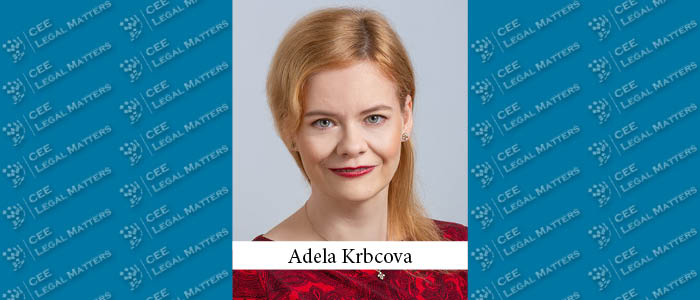The right to equal pay for the same work or work of equal value is one of the fundamental rights of employees, protected by both domestic legislation and international standards. In Montenegro, this right is regulated by the Labor Law, while judicial practice contributes to its interpretation and application. Furthermore, the case law of the Court of Justice of the European Union plays a significant role in shaping the legal framework, providing guidelines for the protection against discrimination in terms of wage equality.
An Outlook on 2025: Labor in the Czech Republic
Peterka & Partners Partner Adela Krbcova talks about labor in 2025 in the Czech Republic.
An Outlook on 2025: Labor in Poland
Wolf Theiss Counsel Agnieszka Nowak-Blaszczak and Associate Oliwia Pecht talk about labor in 2025 in Poland.
Employment and HR: Top Priorities for In-House Teams
There are not many legal sectors that experience the ground-breaking changes which employment law faces every year on the Romanian market. In the past 3 years, our legislator’s appetite to regulate and overregulate matters like avoiding harassment at work, amending long established legal templates, or the new law on social dialogue have strongly shaken the peaceful climate of employment relationships.
SCC: In Case of Reduced Working Hours, Remuneration Due Depends on the Actual Duration of Working Time
Our team achieved significant success defending a client before the Supreme Court of Cassation (SCC) in an employment dispute related to the amount of remuneration in the event of reduced working hours established by the employer in the event of a declared state of emergency or emergency epidemic situation (Article 138a, para. 2 of the Labour Code).
New Obligations for Romanian Employers Regarding the Hiring of Persons with Disabilities
A new regulation, in force from January 28, 2025 establishes additional obligations and reporting requirements on Romanian companies with 50 or more employees in respect of hiring disabled people.
Telematic Interactive’s Employee Empowerment Strategy
As the first publicly listed Bulgarian company in the gaming industry, Telematic Interactive Bulgaria has set its sights on aligning employee engagement with corporate growth through an ambitious Employee Stock Ownership Plan (ESOP). Being part of the team that advised Telematic on this project, in this article, I’ll provide a detailed look at the motivations behind this decision, the structure of the ESOP, and the intricate legal challenges faced during its implementation.






















